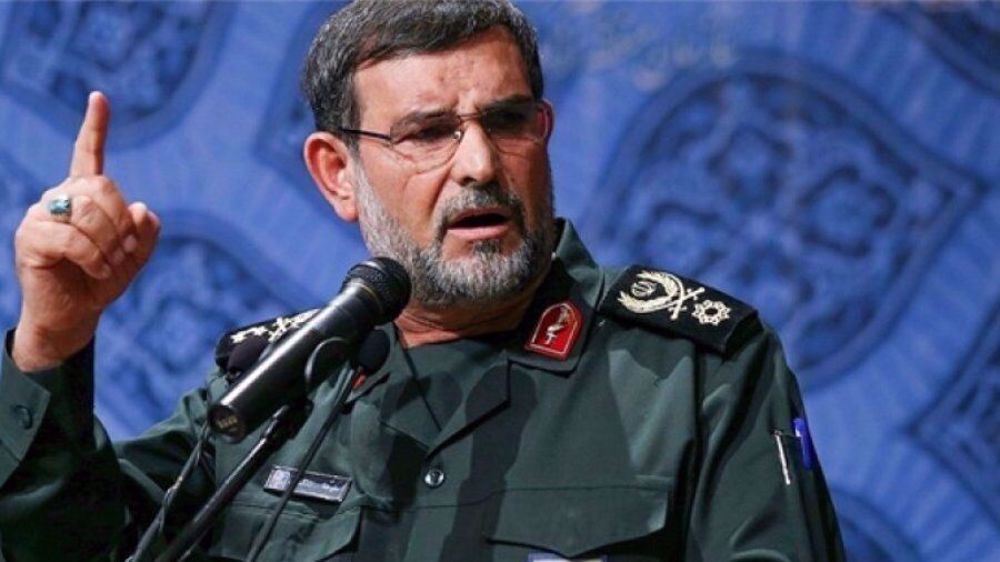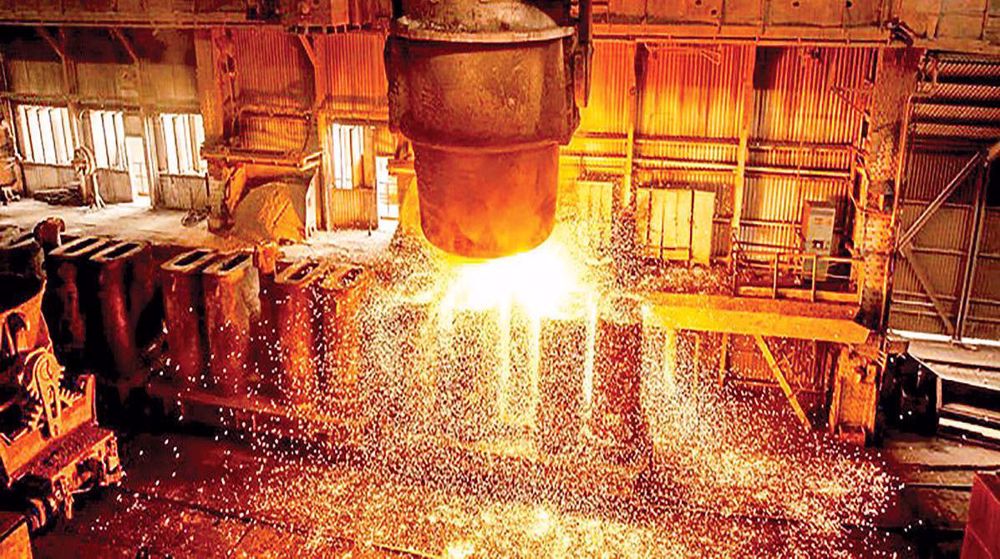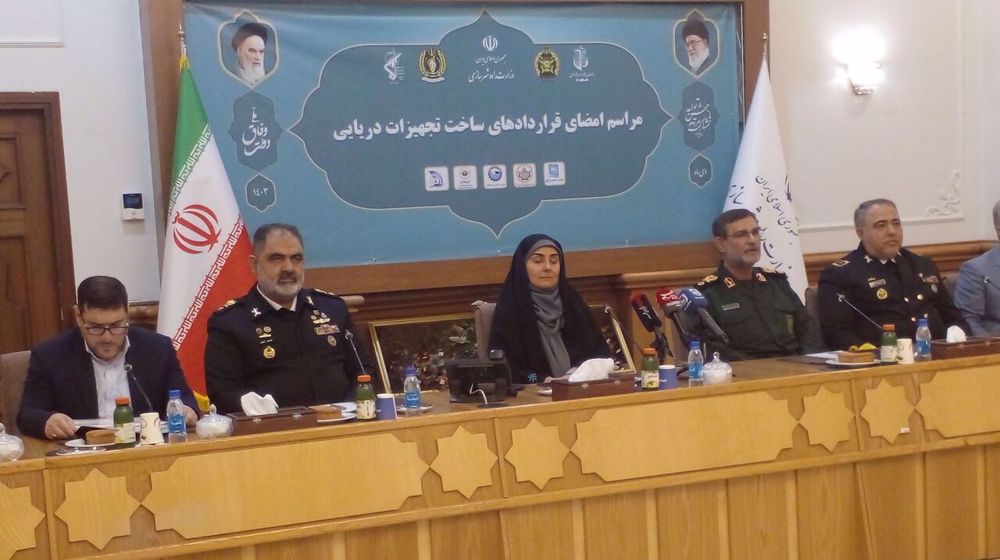Iran to stand by tariffs on exports of raw metals: Minister
Iran’s minister of industries says the government has no plan to revise a series of harsh tariffs imposed on exports of raw metals as the government seeks to gain more revenues through the export of finished products that could generate more added value for the country.
Reza Rahmani said on Monday that tariffs of up to 25 percent imposed on exports of raw iron and other metals will remain in place at least until March when the current Iranian calendar year ends.
The minister rejected criticism targeted at the government that the tariffs had inflicted losses on the country and hampered efforts to offset the impacts of the American sanctions through increasing the exports.
“Imposing tariffs on exports are meant to support the (domestic) productions and to attain the highest added value possible,” said Rahmani, adding, “This policy was implemented with regards to the raw materials and semi-finished products and would not disrupt the success path of the exports.”
Iran, a leading producer of steel and other precious metals like copper, levied the duties in late September as major smelters and mills across the country said they were facing inventory shortages due to a rise in exports of raw metals to countries like China.
A harsh tariff of 25 percent has been imposed on iron and manganese, including the export of concentrates, while raw copper exports face a 10-percent tax.
In a bid to fend off rising criticism from some exporters, the Ministry of Industry, Mine and Trade (MIMT) revised down some of the tariffs earlier this month, including for copper concentrate, chromite and lead concentrate.
Houthi: Yemen’s hypersonic missiles have surprised enemy
Israel makes deepened incursion into Lebanon despite truce
IRGC intelligence forces capture agent linked to foreign espionage service
VIDEO | Palestinians in Yarmouk Camp cling to hope and determination
Israel preparing to stay in southern Lebanon after ceasefire: Report
Israeli pressure on Hamas ‘hardly helped’; swap deal necessary: Ex-Mossad chief
Far-right Israeli minister Ben-Gvir again storms al-Aqsa Mosque
Iran: Israel’s attack on journalists’ vehicle in Gaza amounts to ‘war crime’











 This makes it easy to access the Press TV website
This makes it easy to access the Press TV website